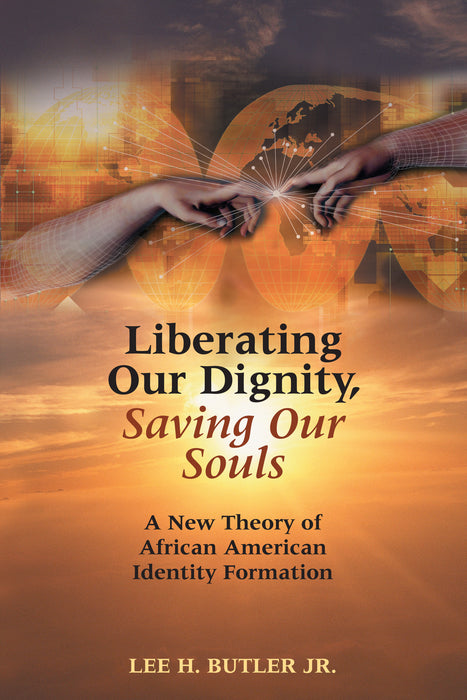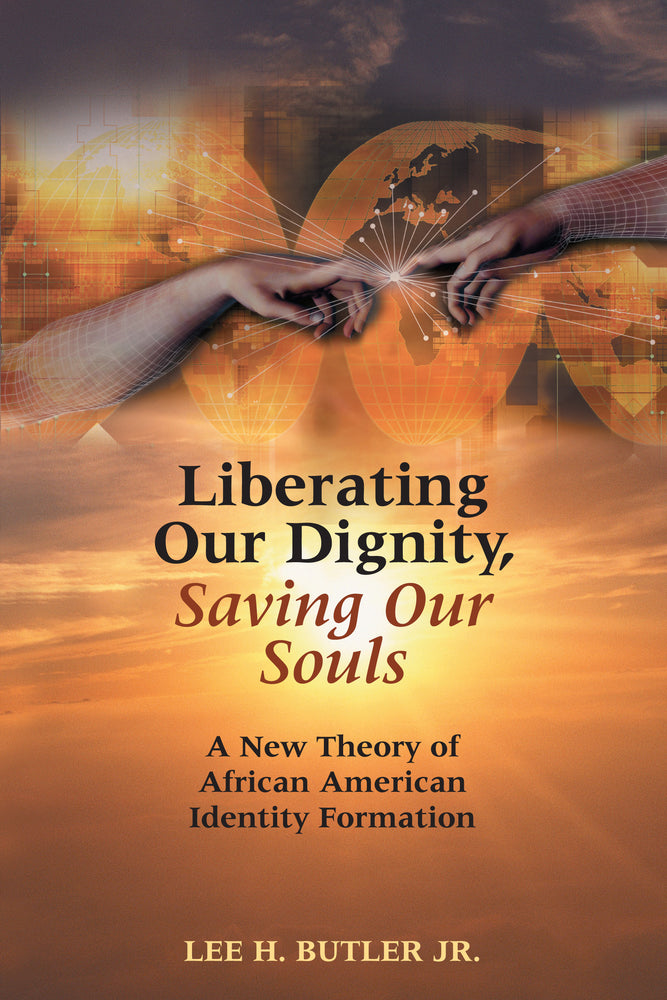Liberating Our Dignity, Saving Our Souls: A New Theory of African American Identity Formation
by Lee H. Butler Jr.
In Liberating Our Dignity, Saving Our Souls, Lee H. Butler, Jr., explores the question of African American identity and aims to address the challenges to the identity and integrity of African Americans. Confronting oneself, especially when looking in the mirror, is crucial for transforming sorrow and initiating a healing journey. Lee emphasizes the importance of self-knowledge as the first step toward a new life.
The inquiry is guided by questions such as "What does it mean to be an African in America?" and "What are the influences shaping the African American identity?" The author employs an interdisciplinary approach, combining theology, psychology, and Africentricity to interpret phenomena. The focus is on how race, gender, and spirituality impact the formation of an African American identity.
The book is organized into five thematic categories. The first category delves into identity formation, reflecting on the significance of race and gender as formational forces. The second category explores racial identity, discussing the impact of racism and color prejudice on African Americans. The third category addresses gender identity, examining the influence of genderism, sexism, heterosexism, and homophobia. The fourth category delves into religious identity, presenting the psychodynamics of African American religiosity and spirituality. The final category deals with identity liberation, discussing the meaning of liberation for African Americans and synthesizing cultural history, religious history, and psychological perspectives into a framework for understanding African American identity formation.
Throughout the book, Butler incorporates Africentricity, highlighting the importance of placing African ideals at the center of the analysis of African culture and behavior. The author also introduces an identity inventory, used to assess perceptions on race, gender, religion, and identity.
Liberating Our Dignity, Saving Our Souls provides a comprehensive framework for understanding African American identity formation, addressing the challenges faced by the community and proposing a new paradigm for renegotiating identity and integrity crises. It emphasizes the importance of self-reflection, historical awareness, and spirituality in the journey toward liberation and a renewed sense of self.


